Karl Marx And Exploitation Of India By Great Britain: First Hand Analysis
By Dr. Vivek Kumar Srivastava
Countercurrents.org
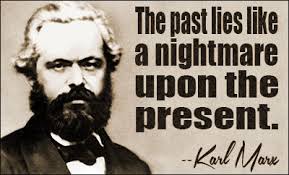
Though Karl Marx had not written extensively on India and Asia but he still made some valuable insights to the detoriation and exploitation of India by the imperial power Great Britain.


In India many economic historians as DadaBhai Narorji , Rajni Palme Dutta etc. have worked over, how did the British power succeed in exploiting India? In fact India was put under great exploitation after the 1757 war of Plassey. Britishers had targeted India by all means including corruption which was prevalent in East India Company, by destroying the village system as they made village land first time a private property making effective change in the social system of India.

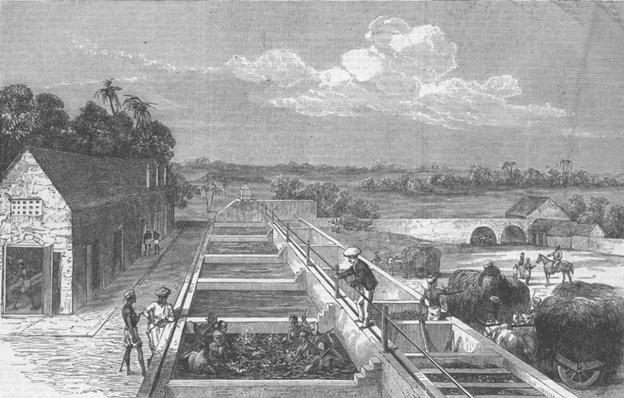
Indigo Cultivation
They also introduced the plantation cropping as tea,indigo cultivation thereby replaced traditional cultivation practices. They also introduced the district administration first time in systematic manner under Hastings in order to secure a proper supply of revenues in which farmers were inflicted pains many times.
1793 Lord Cornwallis' permanent settlement created a new class. Village economy and life was completely altered. It led towards miseries.
Marx had his own vision in such realistic background. He published an article “The British rule in India” in the New-York Daily Tribune, on June 25, 1853. In this article he dissected the real exploitative nature of British political and capitalist class. This analysis bears a typical Marxist perspective where he reaches to roots of the problem. His first observation is that “there cannot, however, remain any doubt but that the misery inflicted by the British on Hindostan is of an essentially different and infinitely more intensive kind than all Hindostan had to suffer before.”
He made such observation as he compared the previous invasion in India. The Sultnat period, Mughal period controlled India but Britishers siphoned off money from the land and converted the people poor , mainly artisans, farmers and village workers had to pay price for that. Indian society remained poor since then as poverty was established in a structural form.
The structured poverty is difficult to remove. Marx knew this and he therefore infers that “England has broken down the entire framework of Indian society, without any symptoms of reconstitution yet appearing. This loss of his old world, with no gain of a new one, imparts a particular kind of melancholy to the present misery of the Hindoo, and separates Hindostan, ruled by Britain, from all its ancient traditions, and from the whole of its past history.” Britishers divorced the then India with their ancient roots , now people had to work for their survival. They were alienated.
Marx also surmised that after the departure of Mughals , particularly after the demise of Aurangzeb in 1707 , the foreign powers were getting control of the country.
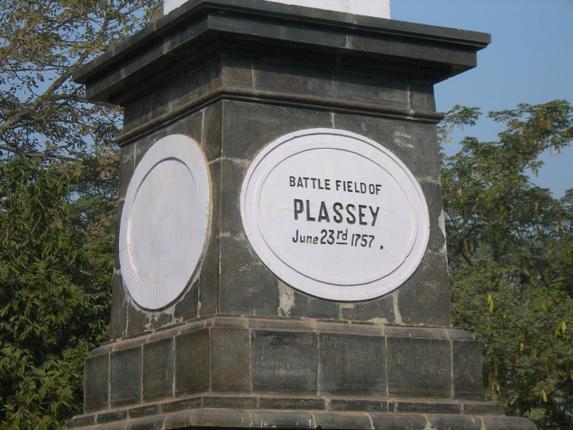
By 1757 they had realized that they could emerge as political power in the country. They acquired the power but paid no attention to the development works. Marx therefore stated that “ now, the British in East India accepted from their predecessors the department of finance and of war, but they have neglected entirely that of public works. Hence the deterioration of an agriculture which is not capable of being conducted on the British principle of free competition, of laissez-faire and laissez-aller.”
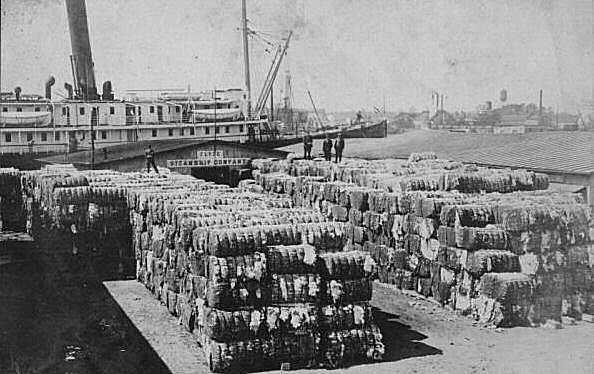
Karl Marx also analysed the reason which made Great Britain a rich country as “Europe received the admirable textures of Indian labor, sending in return for them her precious metals, and furnishing thereby his material to the goldsmith, that indispensable member of Indian society, whose love of finery is so great that even the lowest class, those who go about nearly naked, have commonly a pair of golden ear-rings and a gold ornament of some kind hung round their necks. Rings on the fingers and toes have also been common. Women as well as children frequently wore massive bracelets and anklets of gold or silver, and statuettes of divinities in gold and silver were met with in the households.”
Britishers were always keen to destroy the backbone of Indian agriculture as they thought that Indian exports to England should be discouraged whereas British export should be launched at massive scale. For this reason they dismantled the village economic structure. “It was the British intruder who broke up the Indian hand-loom and destroyed the spinning-wheel. England began with driving the Indian cottons from the European market; it then introduced twist into Hindostan, and in the end inundated the very mother country of cotton with cottons.”
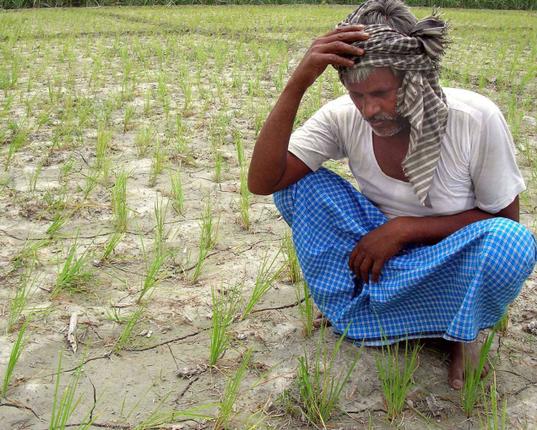
Marx in his analysis also presents the export potential of Britain to India. After destroying the Indian cottage industry and traditional cropping pattern. East India Company with support of British government filled Indian markets with their products. As for illustration “from 1818 to 1836 the export of twist from Great Britain to India rose in the proportion of 1 to 5,200. In 1824 the export of British muslins to India hardly amounted to 1,000,000 yards, while in 1837 it surpassed 64,000,000 of yards. But at the same time the population of Dacca decreased from 150,000 inhabitants to 20,000. This decline of Indian towns celebrated for their fabrics was by no means the worst consequence. British steam and science uprooted, over the whole surface of Hindostan, the union between agriculture and manufacturing industry.”
This destruction continued even after the assumption of political power in 1858 by the British crown.
Karl Mrax's analysis clearly throws light on the India's exploitation by the Great Britain. The analysis of Marx was so impactful that in India many nationalist Indian economic historians based their analysis on his findings.

Ragnar Nurkse
The major impact of this exploitation had wider ramification as even after so much time of their departure India has not succeeded in removing the poverty. In the phrase of Nurkse, India has been trapped in the ‘vicious cycle of poverty.'
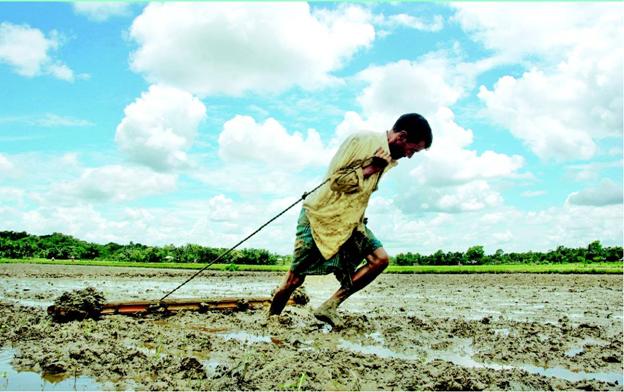
This condition is in fact very much shocking as even after so much efforts made by the Indian governments after the independence India has not succeeded to come out from this cycle. The Marxian analysis gives its answer that exploitation was so huge, systematic and well planned that it is not possible to alleviate poverty in easy manner.
Dr. Vivek Kumar Srivastava is Assistant Professor in CSJM Kanpur University[affiliated college],Vice Chairman CSSP, email: [email protected]
.
Comments are moderated

